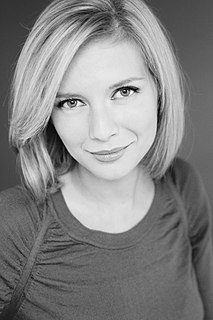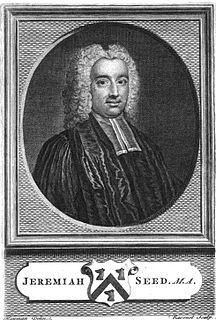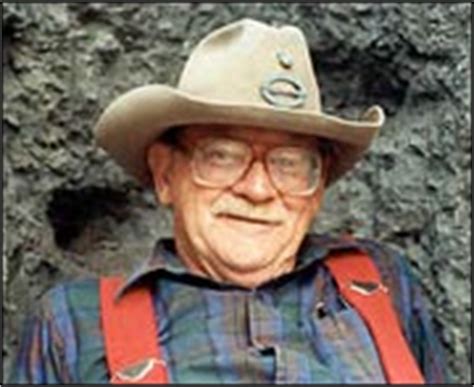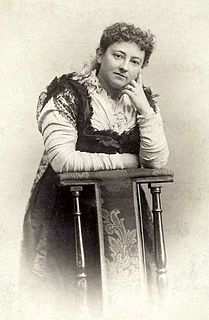A Quote by John Dewey
It may be seriously questioned whether the philosophies... which isolate mind and set it over against the world did not have their origin in the fact that the reflective or theoretical class of men elaborated a large stock of ideas which social conditions did not allow them to act upon and test. Consequently men were thrown back into their own thoughts as ends in themselves.
Related Quotes
There must be no division by class hatred, whether this hatred be that of creed against creed, nationality against nationality, section against section, or men of one social or industrial condition against men of another social and industrial condition. We must ever judge each individual on his own conduct and merits, and not on his membership in any class, whether that class be based on theological, social, or industrial considerations.
You sit men and women down and give them a maths test, and they will do fairly equally. Then you set up the same test, but with different people, and make them tick a box to say whether they are a man or a woman, and the women do significantly worse in the maths test than they did previously in a group set.
I do not see class as a 'structure', nor even as a 'category', but as something which in fact happens (and can be shown to have happened) in human relationships... the notion of class entails the notion of historical relationship. ...And class happens when some men, as a result of common experiences (inherited or shared), feel and articulate the identity of their interests as between themselves, and as against other men whose interests are different from (and usually opposed to) theirs
I was a working class Jewish girl. In my girlhood, anti-Semitism was a daily fact of life in Detroit. I did not come from people who had many options in their lives or many choices open to them. I was a girl in a family in which women were, as in society at large, very much second-class citizens. I did not see why I should accept these forced limitations without a fight. Being free to make my own choices thus became very important to me at an early age.
So far I have been speaking of theoretical science, which is an attempt to understand the world. Practical science, which is an attempt to change the world, has been important from the first, and has continually increased in importance, until it has almost ousted theoretical science from men's thoughts.
Men of superior vivacity and wit, when they take a wrong turn, are generally worse than other men: because wit, consisting in a lively representation of ideas assembled together, gives every sensible object those heightening touches, and that striking imagery, which is unknown to men of slower apprehensions: wit being to sensible objects, what light is to bodies; it does not merely show them as they are in themselves: it gives an adventitious colour, which is not a property inherent in them: it lends them beauties which are not their own.
What has become alien to men is the human component of culture, its closest part, which upholds them against the world. They make common cause with the world against themselves, and the most alienated condition of all, the omnipresence of commodities, their own conversion into appendages of machinery, is for them a mirage of closeness.
Confusion conditions activity, which conditions consciousness, which conditions embodied personality, which conditions sensory experiences, which conditions impact, which conditions mood, which conditions craving, which conditions clinging, which conditions becoming, which conditions birth, which conditions aging and death.
Power! Did you ever hear of men being asked whether other souls should have power or not? It is born in them. You may dam up the fountain of water, and make it a stagnant marsh, or you may let it run free and do its work; but you cannot say whether it shall be there; it is there. And it will act, if not openly for good, then covertly for evil; but it will act.
When we see the many grave-stones which have fallen in, which have been defaced by the footsteps of the congregation, which lie buried under the ruins of the churches, that have themselves crumbled together over them; we may fancy the life after death to be as a second life, into which man enters in the figure, or the picture or the inscription, and lives longer there than when he was really alive. But this figure also, this second existence, dies out too, sooner or later. Time will not allow himself to be cheated of his rights with the monuments of men or with themselves.








































